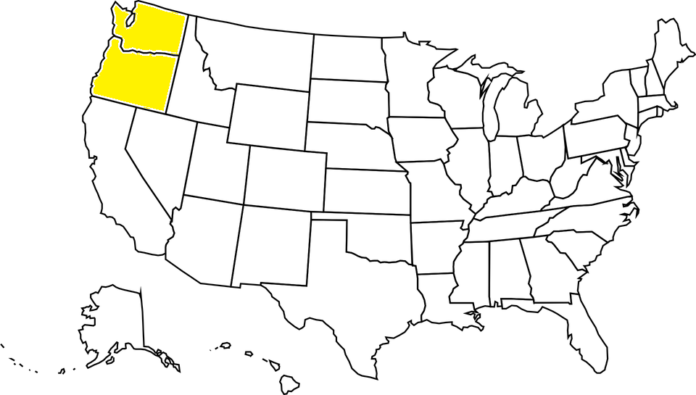A new study from The Solar Foundation claims that solar companies in Oregon and Washington understand the importance of workforce diversity, but they often do not know where to start or lack resources needed to diversify.
The Oregon and Washington Solar Workforce Diversity Report evaluates the workforce pipeline for the solar industry in the two states and the practices surrounding diversity and inclusion, hiring, and training. The report looks at the progress made and challenges ahead in building a skilled, diverse and inclusive solar workforce in the Pacific Northwest.
According to the findings, a majority of solar employers in Oregon and Washington say that in today’s tight labor market, it is difficult or very difficult to hire qualified workers.
“Oregon and Washington face a challenge shared by states across the nation: How do we make the solar workforce more inclusive and representative for women, people of color, the LGBTQ community and veterans?” says Andrea Luecke, president and executive director of The Solar Foundation. “By meeting this challenge, solar companies can expand the pipeline of skilled workers while also making the industry more innovative and profitable.”
The Solar Foundation’s National Solar Jobs Census 2018 recently found that women make up 27% of the solar workforce in Washington and 19% of the solar workforce in Oregon. In addition, people of color make up 19% of the solar workforce in both Washington and Oregon. For comparison, women make up 50% of the population in both states, while people of color make up 31% of the population of Washington and 24% in Oregon.
The Oregon and Washington Solar Workforce Diversity Report is based on interviews with solar companies, nonprofits, industry leaders and training providers across both states. In addition to diversity and inclusion, the report looks at other aspects of building a skilled solar workforce, including the licensing and training practices of installers, hiring difficulties and advancement opportunities.
“A solar workforce reflecting the diverse identities and perspectives of Oregon will help all utility customers access the benefits of solar generation,” comments Jeni Hall, solar senior project manager at Energy Trust, an independent nonprofit in Portland, Ore. “The first step to building a diverse and inclusive solar workforce is understanding the current makeup of employees and barriers to participation. The findings from this report will inform Energy Trust’s support for the next generation of solar workers through collaborations with Oregon Solar Energy Industries Association, Constructing Hope and Oregon Tradeswomen.”
The Solar Foundation lays out the following other key points from the study:
- Sixty-nine percent of the companies interviewed do not formally track employee gender, sexual orientation, ethnic and racial statistics.
- Fifty-nine percent of companies rely on word of mouth as a recruiting technique, which reinforces existing workforce demographics and often excludes underrepresented populations.
- Most of the companies interviewed struggle to find licensed electricians and limited renewable energy technicians (LRTs). Solar contractors should actively participate in the training of LRT and electrical apprentices to ensure a robust pipeline of licensed workers is available.
- The solar industry in Oregon and Washington has opportunities for rapid advancement. New hires who are unlicensed installers have the potential to be promoted to a mid-level position within one year or less, resulting in a 17% pay raise. For entry-level licensed installers, the expected pay raise after promotion is 28%.
The report was produced by The Solar Foundation and sponsored by the Northwest Energy Coalition and Energy Trust of Oregon. It was funded in part by the U.S. Department of Energy’s Solar Energy Technologies Office. The report follows up on the U.S. Solar Industry Diversity Study 2019, released last month.




